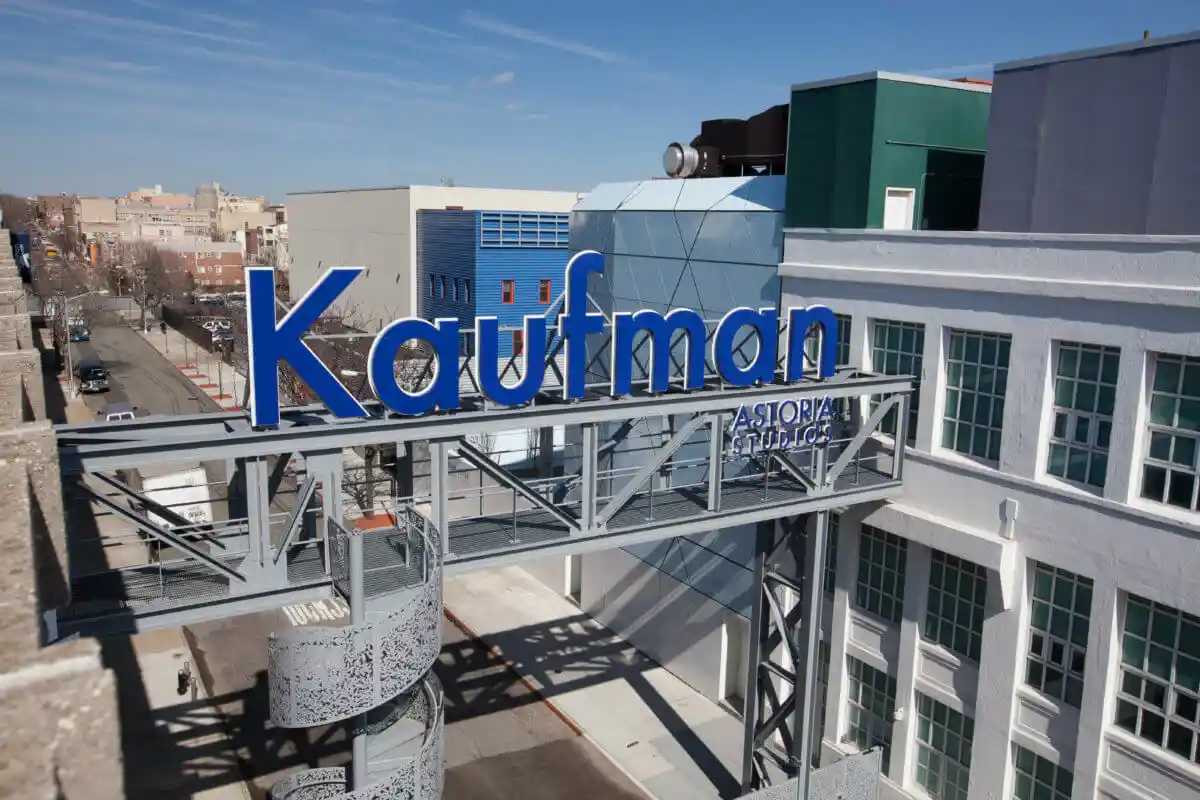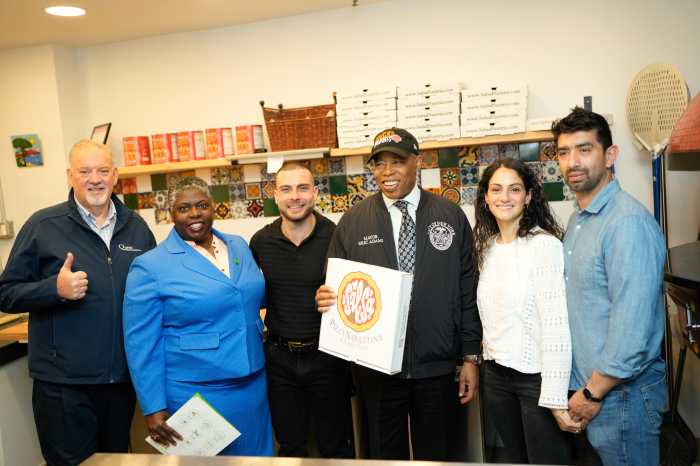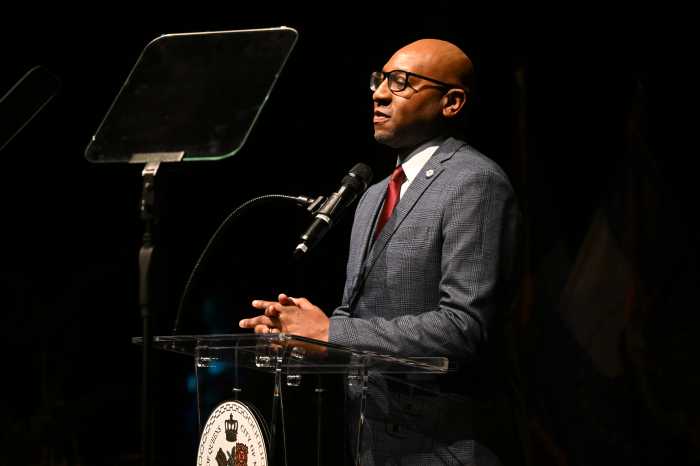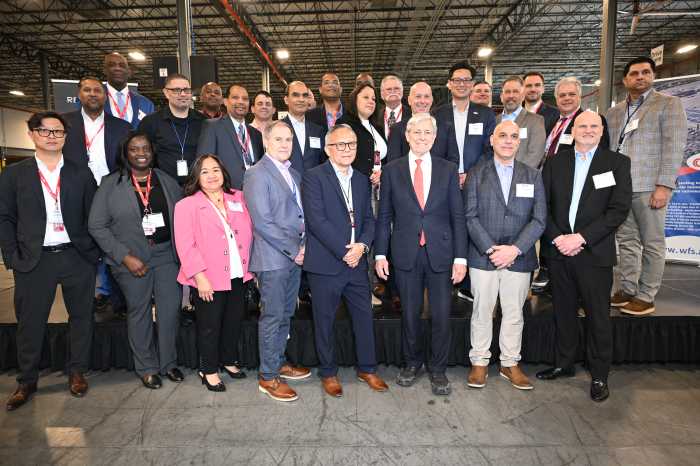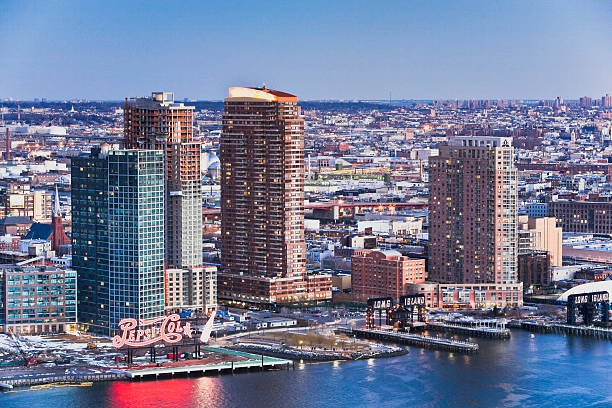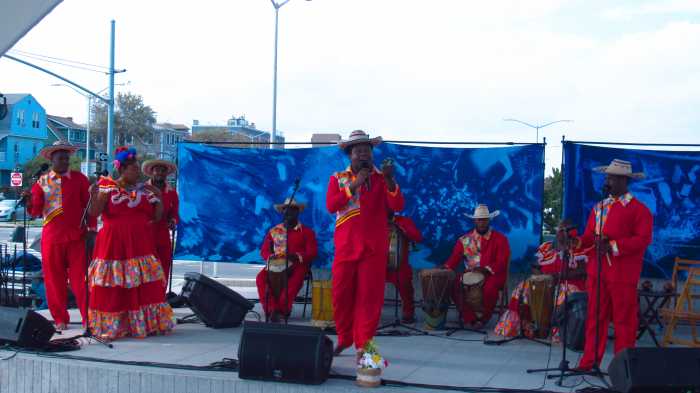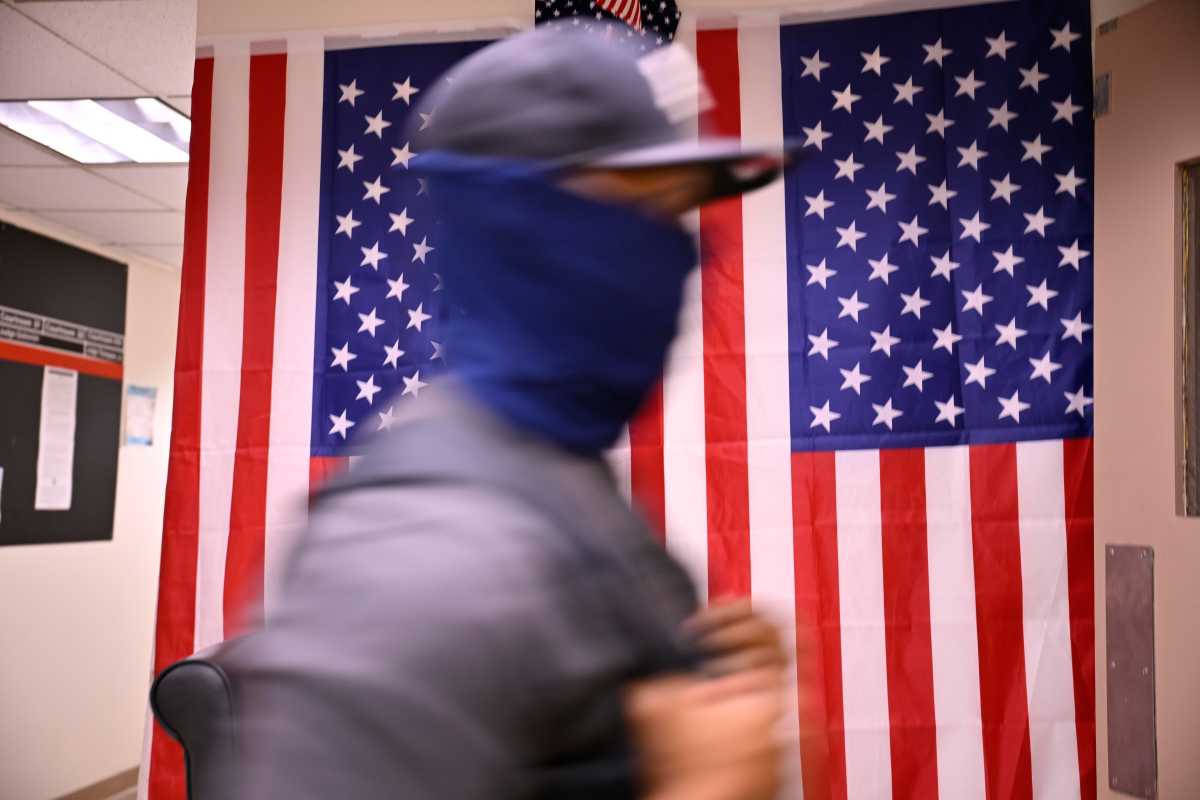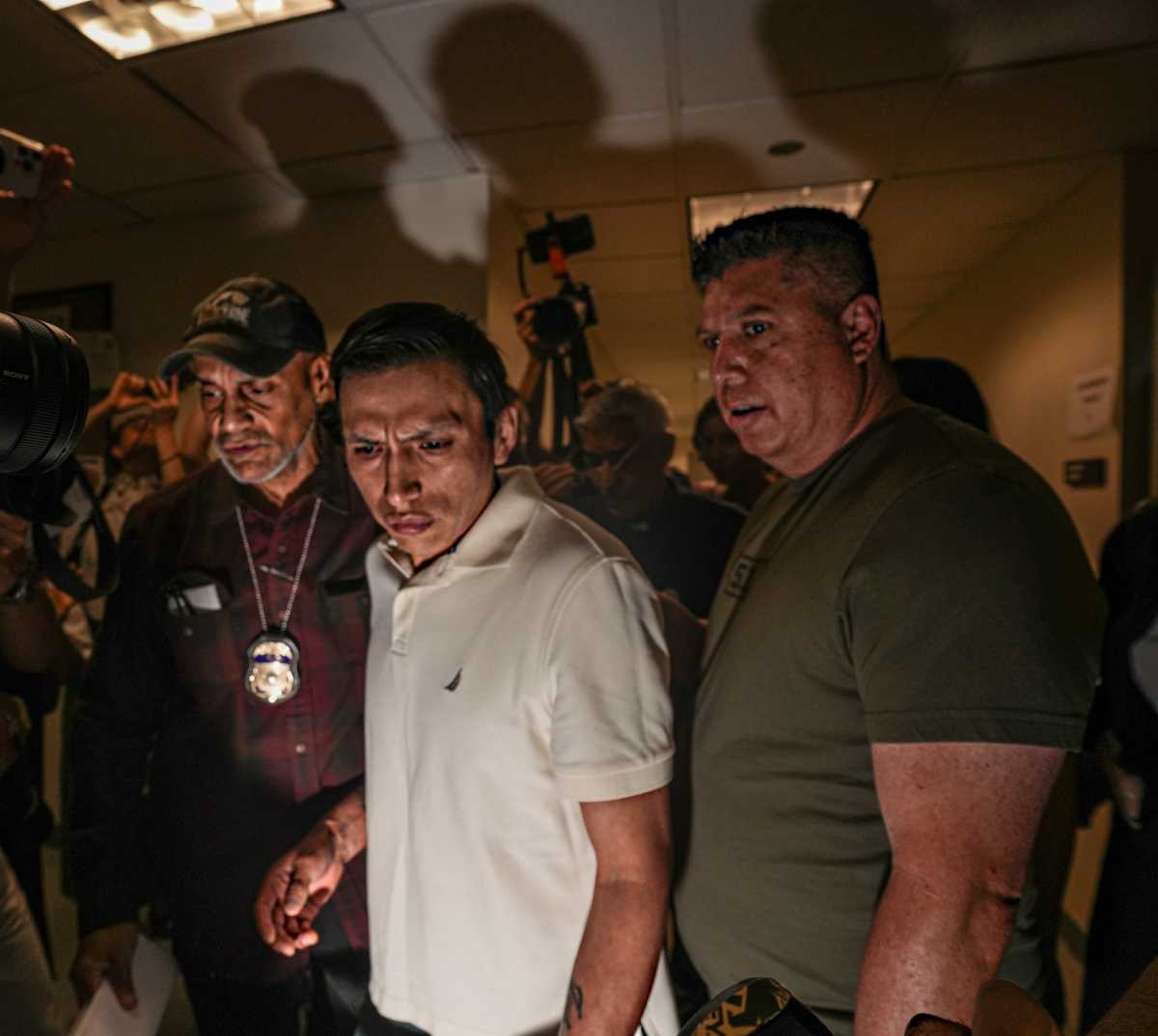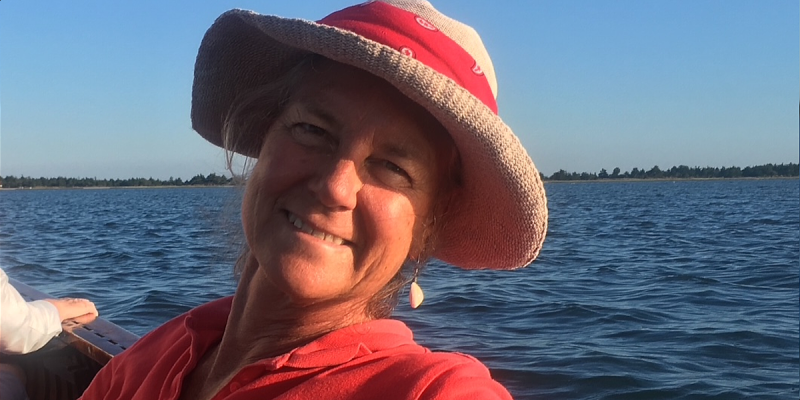Amid a nationwide slowdown in film and television production, Kaufman Astoria Studios remains a cornerstone of Queens’ cultural and economic identity. While production has dipped across the country due to industry-wide budget cuts and last year’s dual Hollywood strikes, Kaufman Astoria President and CEO Hal Rosenbluth remains optimistic about the long-term health of New York’s production landscape—and confident in the studio’s deep roots and legacy.
“Kaufman was rocking,” Rosenbluth said, reflecting on the studio’s post-pandemic surge in 2021. “Everybody who was working in the ecosystem of the industry was doing great, but we realized that it was not necessarily a sustainable model.”
The rise of streaming services like Netflix and Hulu during the pandemic fueled a historic wave of content creation. But by 2023, streaming platforms began scaling back investments in original programming. The Writers Guild of America strike, followed by the Screen Actors Guild strike, brought much of the U.S. industry to a halt—pushing productions abroad and leaving many domestic soundstages idle.
“When the actors and writers strike happened, a huge percentage of productions moved to Europe and Canada, and we’re trying very hard to get it back to the United States,” Rosenbluth said. “Whether we’ll ever get back to the levels of production prior to the strike is an unknown… I don’t have a crystal ball, and anyone who will tell you otherwise is lying.”
Still, Rosenbluth believes New York remains a competitive production hub thanks to state tax credit programs, which make the city more attractive than neighboring states for producers weighing location options.
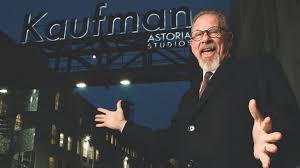
A storied history, rooted in Queens
Kaufman Studios in Astoria is no stranger to transformation. Built in 1920 by the Famous Players–Lasky Corporation, the facility was designed to draw Broadway’s biggest stars to the silver screen. “Adolph Zukor and Jesse Lasky wanted to capture the best acting talent in the world on Broadway, so they came out to Queens, which was basically farmland,” Rosenbluth said.
With access to the 59th Street Bridge—easier than ferrying across the Hudson to Fort Lee, New Jersey—the studio quickly became a hub for productions featuring stage icons like the Marx Brothers, who famously shot Cocoanuts and Animal Crackers at Kaufman by day and returned to Broadway for curtain call by night.
In 1932, the studio’s parent company became Paramount Pictures and moved west to Hollywood. The Queens lot fell into the hands of independent producers until it was repurposed by the U.S. Army in 1942 as the Army Pictorial Center, where all official military film production and distribution was overseen during World War II and beyond.
The federal government eventually relinquished the site, and the once-bustling studio fell into disrepair—vandalized, abandoned, and emblematic of New York’s economic downturn. That changed in 1980, when Manhattan real estate developer George Kaufman acquired the 5.5-acre property and recruited Rosenbluth to help revitalize it.
“By September of 1980, George brought me in, and our goal was to expand and renovate the studio to become the best possible production studio we could afford—and use it as an anchor to rejuvenate the neighborhood,” Rosenbluth said.
Since then, Kaufman Astoria Studios has become a home base for top-tier directors including Martin Scorsese, Francis Ford Coppola, and Spike Lee, as well as iconic television shows such as Sesame Street, Orange Is the New Black, American Horror Story, and Succession.
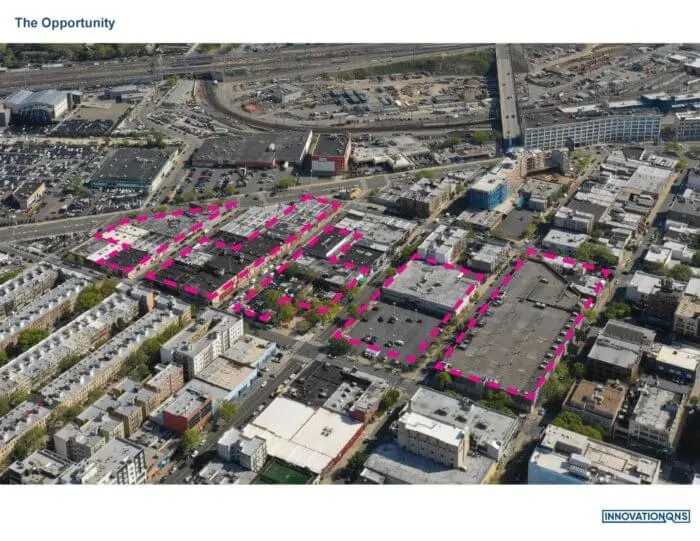
Eyes on the future: innovation and challenges
In the years following George Kaufman’s passing in 2018, Rosenbluth and his team worked with Silverstein Properties and BedRock Real Estate Partners on a bold new plan: Innovation QNS, a $2 billion mixed-use development set to reshape a five-block section of Astoria centered on Steinway Street.
The plan proposed 2,800 new apartments—1,100 of them affordable—across 12 residential towers, in what was billed as the largest private affordable housing initiative in Queens’ history. However, the proposal drew fierce backlash from local stakeholders concerned about displacement, density, and lack of trust following the failed Amazon HQ2 deal in nearby Long Island City.
“On a personal level, it was probably my most disappointing feelings concerning the community in my 45 years,” Rosenbluth said. “I know in my heart that this community, like others, needs economic drivers and they need development to make that happen.”
After years of planning and a contentious public review process, the New York City Council approved Innovation QNS in November 2022. But by then, the window to access 421-a tax incentives for new construction had closed, and some proposed amenities were scaled back in order to include more deeply affordable units.
“I think they’re going to regret not getting the larger economic drivers into this community,” Rosenbluth said. “In the current climate for Western Queens, especially ever since the Amazon debacle, we’re the bad guys. And that’s a shame, because I know that’s what is necessary throughout the city… you need development to occur.”
With shovels expected to hit the ground soon, Rosenbluth remains hopeful that Innovation QNS will bring needed investment to Astoria and secure the neighborhood’s status as a creative and economic powerhouse.
“I know the guys have been working really hard on it, and I’m praying that we get something going,” he said.
Even as new competitors like Wildflower Studios, Borden Studios, and East End Studios enter the scene in Astoria, Rosenbluth isn’t worried.
“Kaufman has a history with producers going back decades,” he said. “They know what they’re going to get when they come here… You know the concept. You know what the hamburger is going to taste like.”
*This story first appeared in the Astoria/LIC Community Resource Guide.

